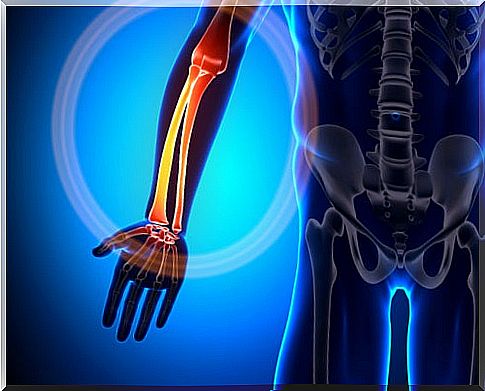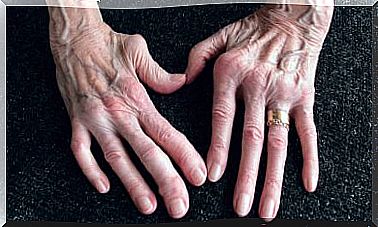The Consequences Of Suffering From Insomnia
Insomnia is one of the most common conditions today. Broadly speaking, insomnia can be defined as the inability or difficulty to reconcile or maintain sleep for a set period of time. Of course, this type of sleep disorder can cause us serious problems. So much so that here are the consequences of suffering from insomnia.
Although there are different types of insomnia, defined mainly by their duration, severity and schedules, the truth is that all of them can cause serious problems to our health. That is why, in case of suffering an acute picture of insomnia, the best thing would be to visit a specialist, who will tell us what are the options we have to solve this problem.
Daytime sleepiness
Daytime sleepiness is one of the most important consequences of having insomnia. In this case, our body suffers from the lack or poor quality of sleep, so during the day we feel permanently tired or sleepy. Of course, daytime sleepiness triggers other problems that we will mention later.
Depression

Different studies have confirmed that sleeping less than 8 hours or having a poor quality of sleep triggers depression. Mainly when insomnia is prolonged and severe. By not recovering, our body stops producing a set of substances that make us feel good, causing depression.
These investigations are based on studying the rumination of negative thoughts in sleep-deprived patients. Studies conclude that the latter have a greater difficulty diverting attention from negative thoughts.
Irritability
Another of the most common consequences of suffering from insomnia is irritability. Specialists affirm that lack of sleep causes our nervous system to suffer alterations, affecting our entire organism. In turn, all this triggers changes in mood, making us irritated more easily.
Stress

Although stress is one of the elements that can cause insomnia, the truth is that it can also be considered as a consequence of it. It can happen that a highly stressful event prevents us from resting properly. And that the lack of sleep in a continuous way, generates even more stress by not seeing us able to cope with energy on a day-to-day basis.
Lack of concentration
Probably as a result of daytime sleepiness, insomnia also causes you to lack concentration. In turn, this can prevent us from performing well at work or school, as well as being able to correctly perform some specific or merely everyday intellectual activities.
Little or bad sleep causes our body and, especially our brain, not to have a full recovery. We are not machines. We must let our body and our mind take a breather.
Accident

Being sleepy and having trouble concentrating, insomnia can also be the culprit for accidents of all kinds, mainly work or traffic accidents. Especially when using dangerous tools or machinery. A little despite or carelessness can be very serious. Therefore, if you think that you have not rested enough, it is preferable to take a break than to use these utensils when you are very sleepy.
Memorization problems
In addition to concentration problems, insomnia also causes memory problems. Therefore, insomnia can affect our working memory, especially when we experience daytime sleepiness. That is why it is so important that we sleep 8 hours before an exam. Because during the night the knowledge acquired during the day is settled. And we facilitate the memory of the next day.
Disorientation
Another important consequence of insomnia is disorientation. We already know that lack of sleep can affect our cognitive ability, causing us to have problems with location and even recognition of places. On many occasions, insomnia gives us that feeling of strangeness or of not knowing where we are.
In these cases, a good nap at rest time or going to bed earlier at night can be great allies to avoid such negative consequences.
As we can see, the consequences of not resting properly are multiple and affect essential executive and cognitive functions on a day-to-day basis. The repercussions of not sleeping well are not only reflected in daily tasks, but in the workplace, social or academic. Restful sleep is essential for proper and optimal performance.
If you think you need help, consult a specialist and follow their instructions when taking a treatment.









